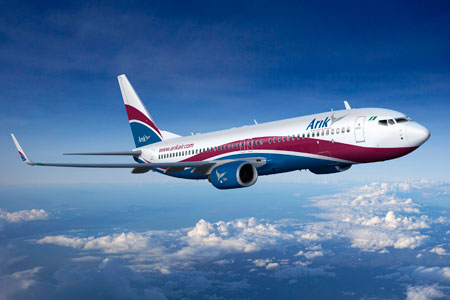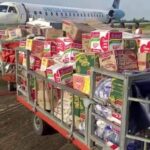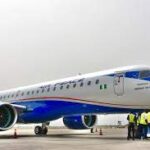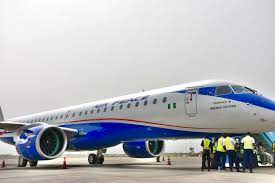
There is no sign that airfares in domestic flights may come down as many hoped when the base far rose to N50, 000 for one hour flight about seven months ago; rather, the base fare has risen to N70, 000.
Booking a flight for middle of November from different domestic airline sites last week indicated that the minimum fares for one-hour flight was N74, 000.
This, industry experts said, would rise as air transport enters the last high season of the year, which would, predictably end in the third week of January next year.
Despite the entrance of four new airlines into the domestic market after COVID-19 lockdown, the airfares remain untamed. The new entrants are; Green Africa, United Nigeria Airlines, Valuejet and Rano Air, which is yet to start operation.
Industry stakeholders said that the entrance of these airlines did not make much impact because they do not have many aircraft in their fleet.
Also, there was significant reduction of aircraft seats, as many that went for maintenance overseas have not all returned due to paucity of forex. So existing airlines do not have many of their aircraft in operation.
Christmas season is the biggest season for Nigerian airlines and even during normal times when the value of the naira had not crashed and dollars very scarce, fares increase by over 50 per cent during the Yuletide.
But now, the Chief Executive Officer of Aero Contractors, Captain Ado Sanusi, said that the fares might more than double, but expressed hope that Aero, which would return to the market soon after it suspended its operation, would help to control the fares.
THISDAY learnt that Aero may bring in about four aircraft into the market and this may increase to six by December, as it plans to bring down the soaring fares.
“The fares will increase, no doubt, but when we come in, we shall strive to stabilize the fare, just some little reduction,” Sanusi said.
In May this year, it was projected that fares might rise to N100, 000 but depending on destination, when the traveller purchased ticket and demand, some routes now go for over N100, 000; that return tickets go for about N220, 000 to N240, 000.
Spokesman of Airline Operators of Nigeria (AON) and Chairman/CEO of United Nigeria Airlines, Dr Obiora Okonkwo, state in May, “Obviously, the rise in fares to N100, 000 for one hour flight is inevitable. I can tell you that all the airline operators, in the last three months, have been losing money, a huge amount of money. There is too much stress on the operational fronts for them to break even.
“Even if the aviation fuel is made available, there must be a review to reflect the minimal operational cost. We are offering patriotic services to the nation and understand the essential part of it. We are part of this economic development process in Nigeria but it is coming at a very huge sacrifice.”
“Nothing less than N100, 000, between N100, 000 and N120, 000 base price, even with Jet A1 fuel at N400 – N500. That is what it is. In the industry, it is expected that you will gain some here and lose some here but the biggest challenge indigenous operators are having is that the cost of everything is high. You source money from the commercial bank rates. You source money from the black market. No moratorium for your loans and the banks and AMCON are quick to jump on you,” he had said.
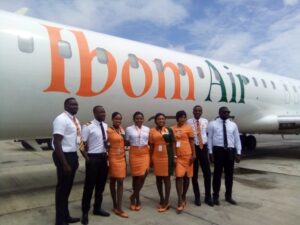
Industry analyst and the publicity secretary of Aviation Round Table (ART), Olu Ohunayo expressed the hope that the fares may eventually come down, noting that cost of aviation fuel is no more going up as predicted.
“We need to commend domestic airlines for what they have been doing and how they have been contributing to the economic development of the country. Four new airlines joined the market since after COVID-19, so compared to other countries, Nigeria is doing well. These new airlines have come with innovations. They are not only going to the trunk routes, but also to the other routes as well,” he said.
THISDAY


